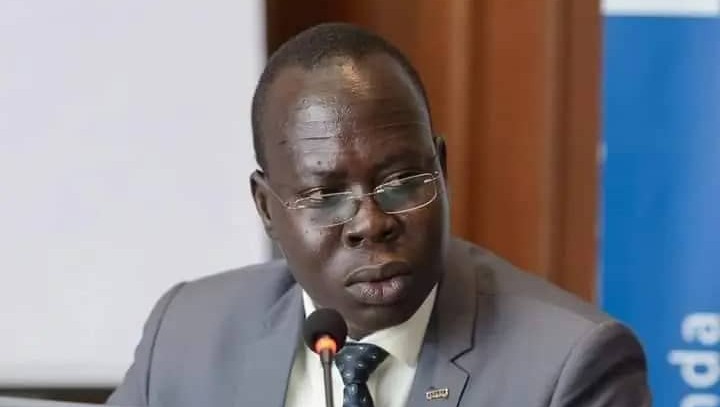
Human rights activist Ter Manyang Gatwech has criticized the South Sudanese government for what he describes as the politicization of routine salary payments, saying it reflects deeper governance failures and erodes public trust.
In a statement to the media, Monday, Ter Manyang said the government should stop turning civil servant salary disbursements into headline announcements.
According to him, these announcements often raise unrealistic hopes among citizens, especially struggling families who expect the payments to cover critical needs such as school fees and healthcare.
“Paying salaries is a basic government obligation, not a favor or an achievement to be paraded in newspapers,” Ter said.
He noted that most civil servants earn between 50,000 and 100,000 South Sudanese Pounds, which is less than $15, an amount insufficient to sustain a family amid rising living costs.
Ter further compared South Sudan to neighboring countries like Uganda and Kenya, where salary payments are handled quietly and efficiently, without public fanfare.
“When meeting basic responsibilities becomes newsworthy, it signals how normalized failure and low expectations have become in our governance,” he said. “Citizens deserve reliable services, timely salaries, and leadership that goes beyond the bare minimum.”
The activist called on the government to shift focus toward improving public service delivery and economic stability rather than presenting routine duties as major accomplishments.
In February this year, the government announced 24th of every month a fixed date for the disbursement of salaries to civil servants and organized forces after a meeting between President Salva Kiir Mayardit and Vice President for the Economic Cluster, Dr. Benjamin Bol Mel.
Despite Dr. Bol’s pledged to ensure consistent and timely salary disbursements starting in March, timely salaries are yet to be realized.
Despite Dr. Bol’s promise to ensure regular and timely payments starting in March, many civil servants have yet to receive their salaries. As the month draws to a close, some states are still waiting for March 2024 payments, marking a salary delay of more than nine to twelve months at national and states respectively.

